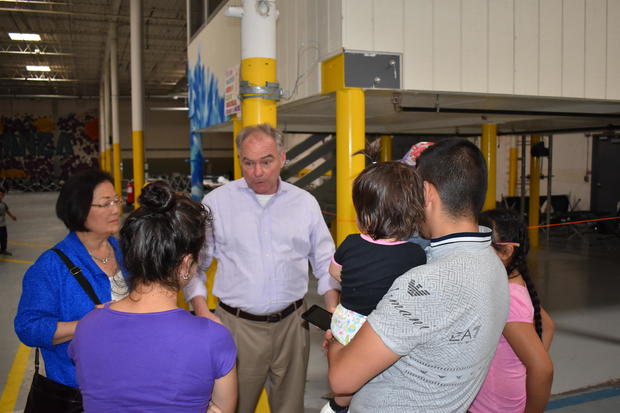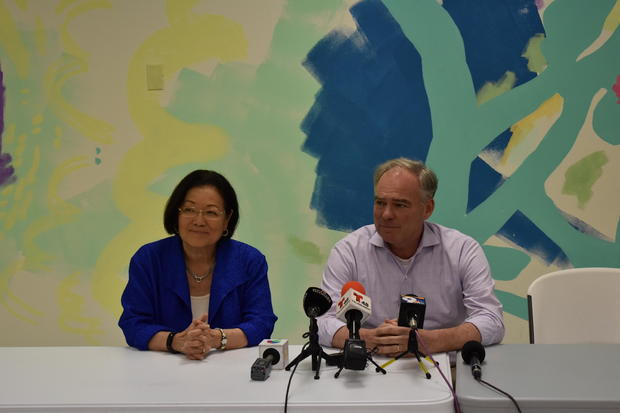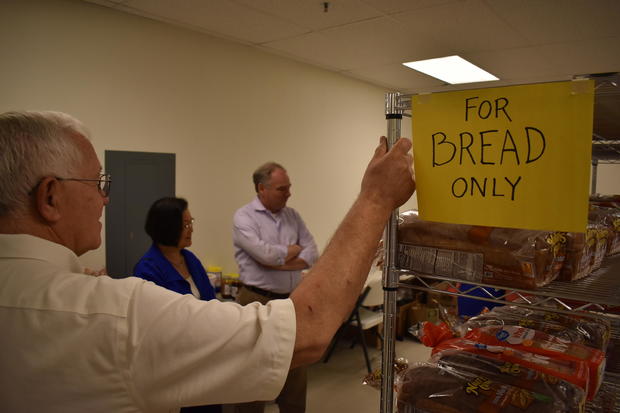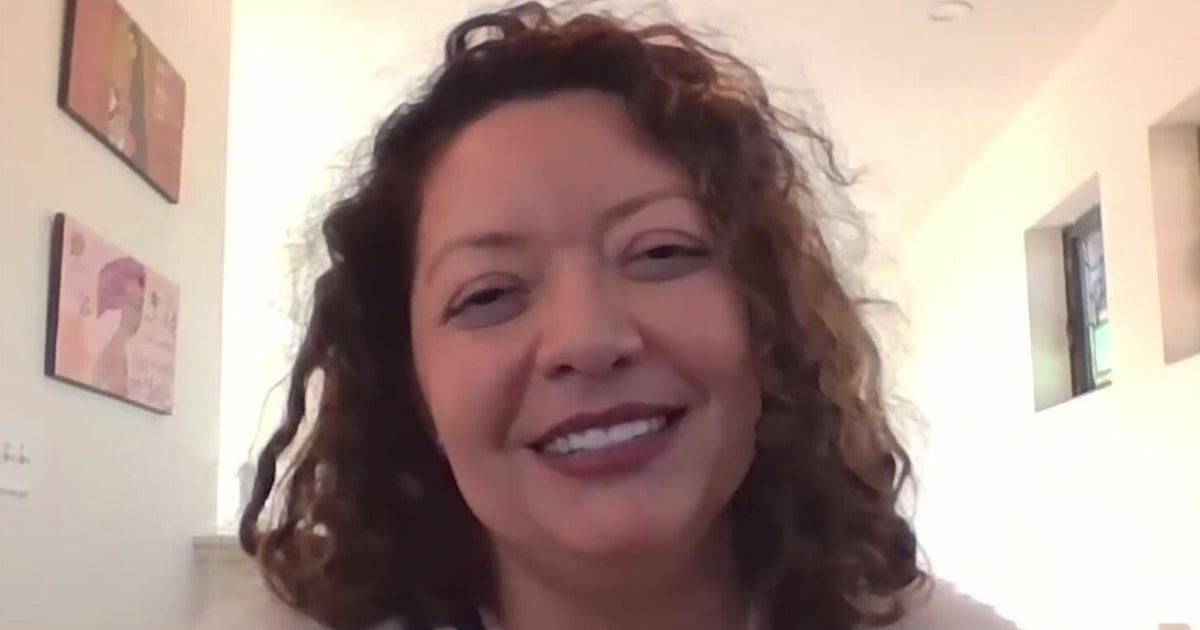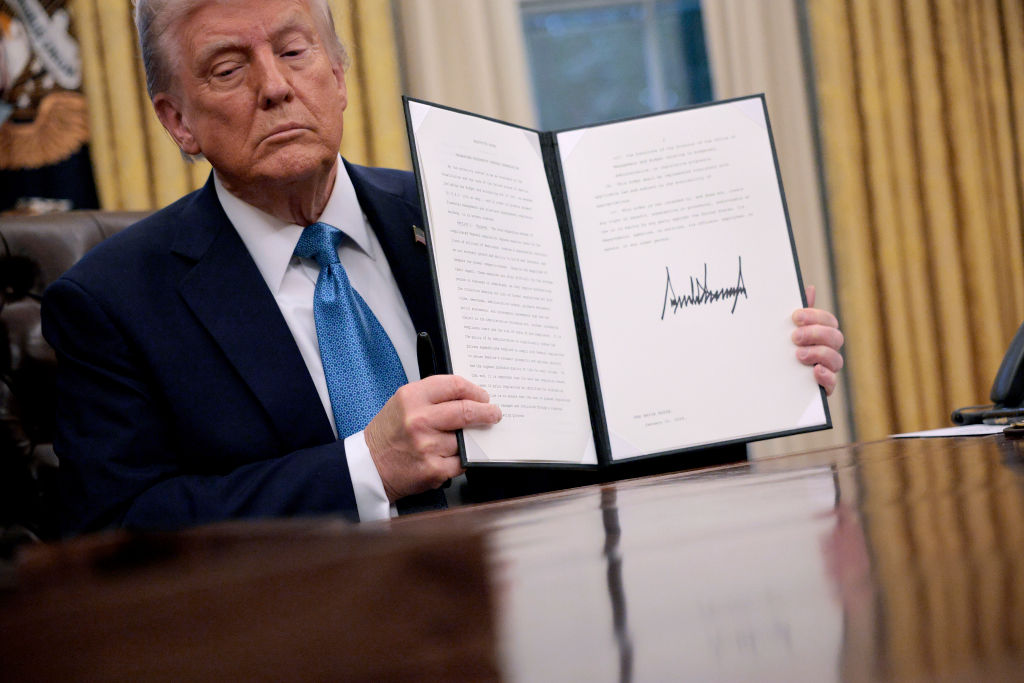Democrats say U.S.-Guatemala asylum deal outsources America's responsibility to help desperate migrants
El Paso, Tx. — Democratic lawmakers are strongly denouncing the asylum agreement the Trump administration reached with the Guatemalan government, saying the deal outsources America's responsibilities to help desperate migrants seeking refuge.
"Our country cannot continue to impose the cost of what's happening on other countries, mainly Mexico and now apparently, we're trying to do it to Guatemala," Sen. Mazie Hirono of Hawaii told CBS News during an interview in El Paso on Friday.
For months, the Trump administration had been pressuring the Guatemalan government to help curb the surge of Central American families heading toward the U.S.-Mexico border. President Trump had threatened to impose tariffs on Guatemalan goods, a tax on money Guatemalan immigrants in the U.S. send to family members back home and a travel ban for the entire country.
The U.S. version of the agreement has not been disclosed, but a document released by the Guatemalan government suggests the deal is essentially a "safe third country" agreement. Under this provision in U.S. law, migrants can be deemed ineligible for asylum and deported to a country that has a "full and fair" asylum system.
Under the proposal, the U.S. would deport asylum seekers who traveled from other countries through Guatemala to reach the U.S.-Mexico border. They would be required to seek asylum in Guatemala instead. The accord exempts Guatemalans and unaccompanied children.
Democratic Sen. Tim Kaine of Virginia, who joined Hirono on a tour of Border Patrol facilities and a migrant shelter in the El Paso area on Friday, suggested it was disingenuous for the U.S. government to say that Guatemala can be a safe haven for desperate migrants.
"Let's have a legitimate process for resolving asylum claims, not turn everybody down right away, not make them wait for years until they can get a claim, not try to lie and say 'well you can go to Guatemala, that's a safe nation,' when it's got one of the highest homicide rates in the world," Kaine told CBS News.
Guatemala has seen some economic growth since the end of a bloody civil war in the 1990s, but it continues to grapple with high crime, drug trafficking, political instability and vast poverty — especially among its large indigenous communities in the Western highlands of the country. According to an analysis by the World Bank, more than half of Guatemalans live below the poverty line and about a quarter experience extreme poverty.
Homeland Security Secretary Kevin McAleenan said the agreement could take effect in August after it is approved by the legislature and judiciary in Guatemala. The Guatemalan government pledged to process the asylum claims of those deported by the U.S., but the country currently has about eight employees processing applications for its asylum system, according to Guatemalan officials. The country received only 262 asylum petitions last year.
Both Hirono and Kaine said they believe the U.S. should be willing to accept some of the migrants fleeing Central America until a concerted multinational effort is able to address issues in the region that are driving the asylum claims. It's a process they conceded would take years.
Until then, Hirono said the U.S. should not make the lives of migrants more difficult than they already are.
"People have a legal right to seek asylum. Let's start with that," Hirono said. "And that doesn't mean that what our country should do is stymie them every step of the way and place as many roadblocks as possible into their legal right to seek asylum — which is what this administration is trying to do."
For Kaine, it is paramount for the U.S. to continue having a robust asylum system to offer migrants fleeing persecution protection.
"The religious, faith traditions of the world believe in treating somebody who's being oppressed and persecuted — and offering them an opportunity," he said. "It's a moral command that's shared by the great world religions, as well as something that's been a pillar of American immigration law from the very beginning."

